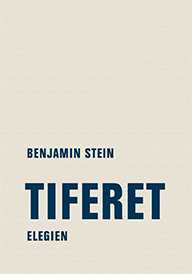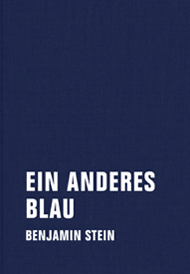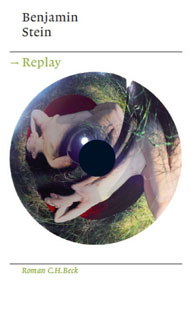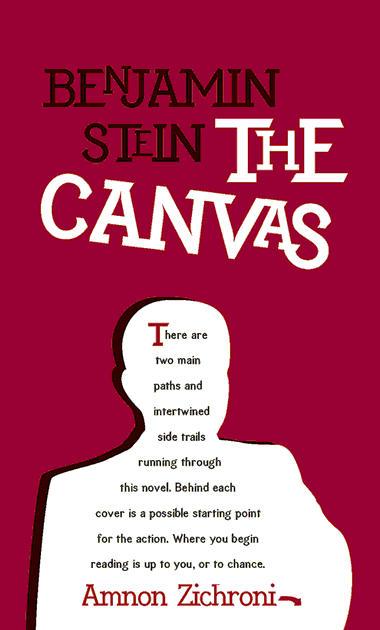••• Patrick Kurp und im Bezug auf ihn auch D. G. Myers diskutierten letzte Woche die Frage, inwiefern Schreiben ein moralischer Akt sei. Damit tragen sie bei zu einer Debatte, die momentan leider nicht hier in Deutschland geführt wird, obgleich es Anlass gäbe.
Kurp zitiert Samuel Johnson:
The only end of writing is to enable the readers better to enjoy life, or better to endure it.
Kurp empfiehlt, »or« durch »and« zu ersetzen schreibt weiter:
Writing, in other words, is a moral act (a tautology if we assume every human act possesses a moral component). It carries responsibility and should not be undertaken frivolously.
Diese Äußerung nimmt Myers auf und bemerkt zu Recht, dass man sie präzisieren müsse, um sie so stehen lassen zu können. Er zitiert seinerseits zur Illustration Philip Roth aus »Zuckerman Unbound«:
He’s not merely a monster, he’s a great moralist too.
und merkt treffend an:
The moralist is a monster — of morality. He does not engage in moral reflection, but in moral legislation. He knows right and wrong clearly and in advance, because he has reduced human experience to a universal code, which admits of no exceptions.
Moralisten also sind es sicher nicht, was die Literatur braucht. Wie kann es dann sein, dass beide Disputanden sich einig sind, dass Schreiben dennoch ein moralischer Akt sei? Wie Myers dies beantwortet, muss ich in Gänze zitieren (Hervorhebungen und Links von mir):
Writing is a moral act, because it demands complete autonomy (to be in thrall, whether to an employer or an ideology, is not to write but merely to recirculate stock phrases and received ideas), freedom from coercion of any kind, including moral fashion, and the refusal to quit until an adequate reaction to the literary situation at hand is carried off. What Michael Oakeshott said about religion applies equally well to writing. »In religion,« Oakeshott said, »we achieve goodness, not by becoming better, but by losing ourselves in God.« In writing a man achieves goodness—that is, morality—not by becoming a better man through the habit of composition, nor even less by laying down the moral law, but by losing himself in the text he is now writing.
(Pause zum Nachdenken…)






